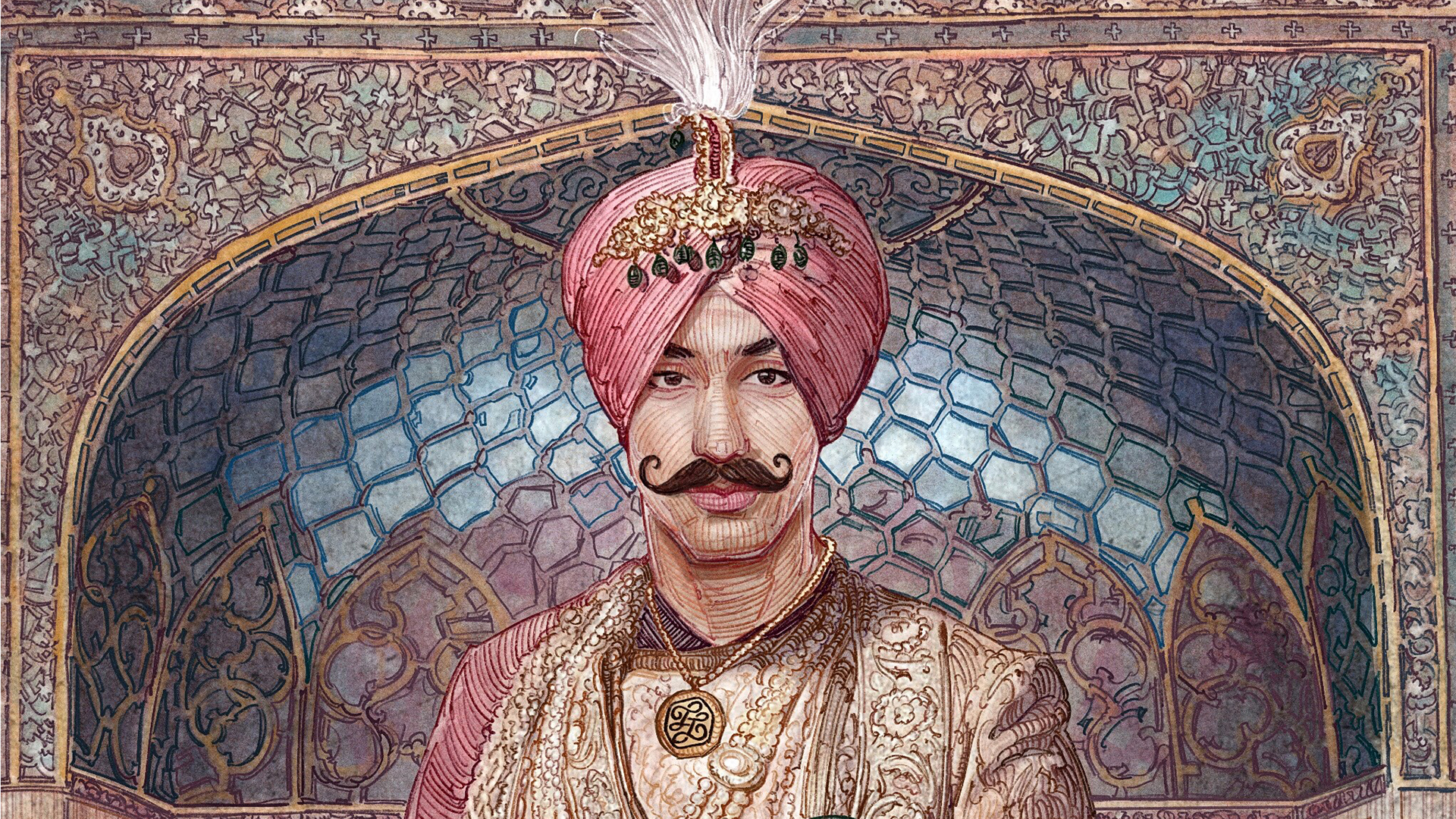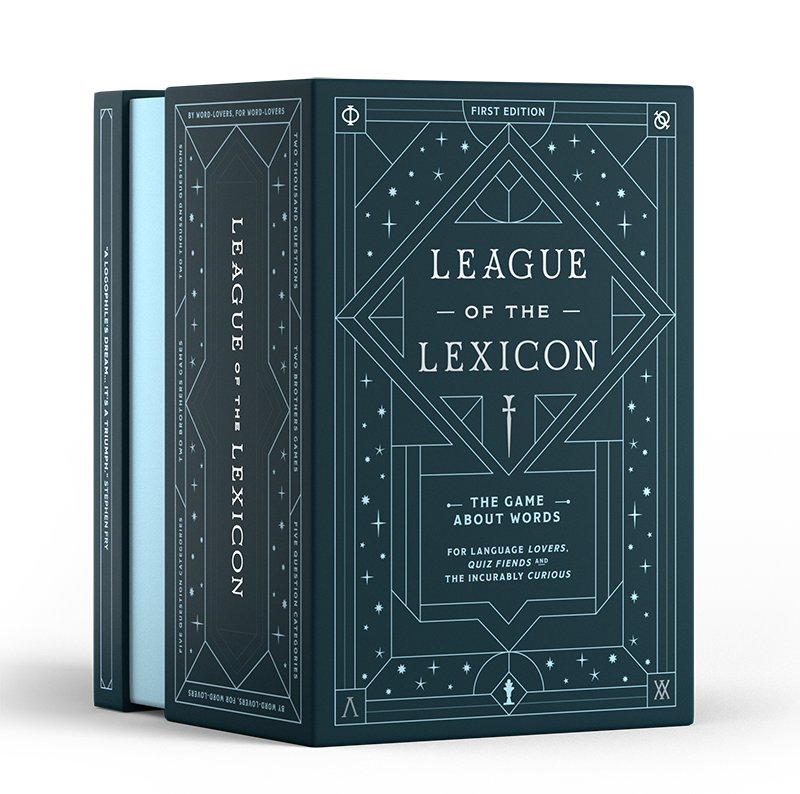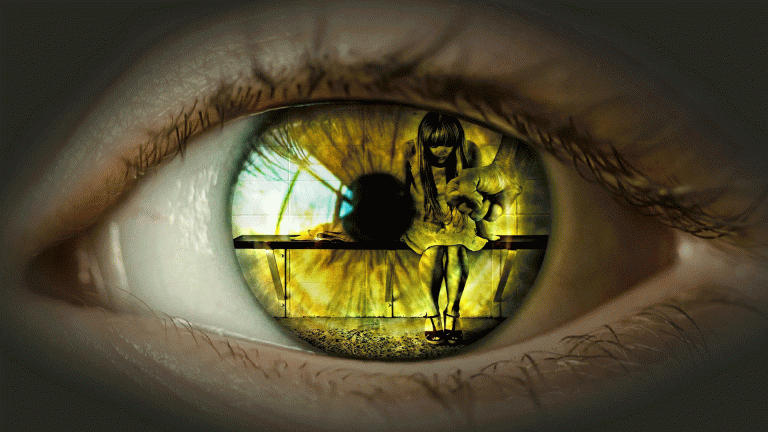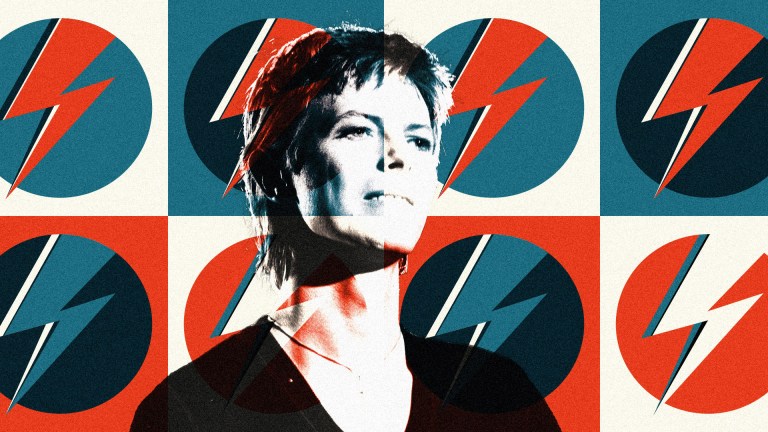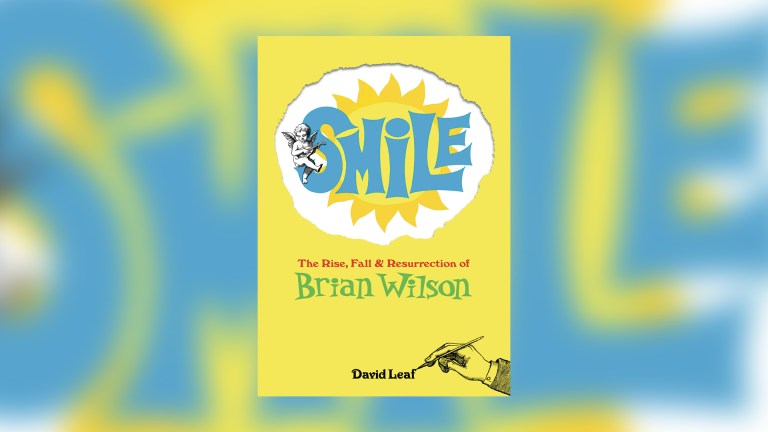I dread the “What do you do?” question. My reply, “I make board games”, still feels as improbable as claiming I’m a chocolate taster. But making board games is, apparently, what I do; or has been since last year when, much to my surprise, a game I’d been tinkering with during the first Covid lockdown became the most-backed word game in Kickstarter history.
League of the Lexicon, the game I invented, is a quiz game about words and language. And if you’ll forgive some trumpet blowing, it’s pretty special. At least, that’s what Susie Dent and Stephen Fry said, as did Waterstones, who made it their Game of the Month. But it’s strange to think that something so successful started life as a way of distracting my kids, bored of home-schooling during the dark days of Covid.
Get the latest news and insight into how the Big Issue magazine is made by signing up my for the Inside Big Issue newsletter
Looking for an antidote to joyless English grammar tests, I made word games for my two boys (after whom the company, Two Brothers Games, is named). League of the Lexicon was my fourth attempt, after Word War, WordSplat, Dojo and Tyrannosaurus Lex. But something about League of the Lexicon seemed to click, and when lockdown ended, my work on the game didn’t.
I’m neither a linguist nor a game designer, but that didn’t feel like a problem. I ran a design agency for 10 years and had two books published (one a photobook about London’s launderettes), so making the game wasn’t too daunting. I also worked with a team of question writers who shared my passion for language. More importantly, they shared my sense of curiosity, and language is endlessly interesting to curious minds. And that’s what players find in the game’s questions, which cover everything from archaic words to intriguing etymology, definitions to word trivia.
Games like Scrabble and Scattergories might be classics, but word games account for a tiny part of the board game world, and games about words are rarer still. If I had a lightbulb moment, this was it: people are fascinated by words and language, but there wasn’t a game that tapped into this. I wanted to make the last word in word games.
